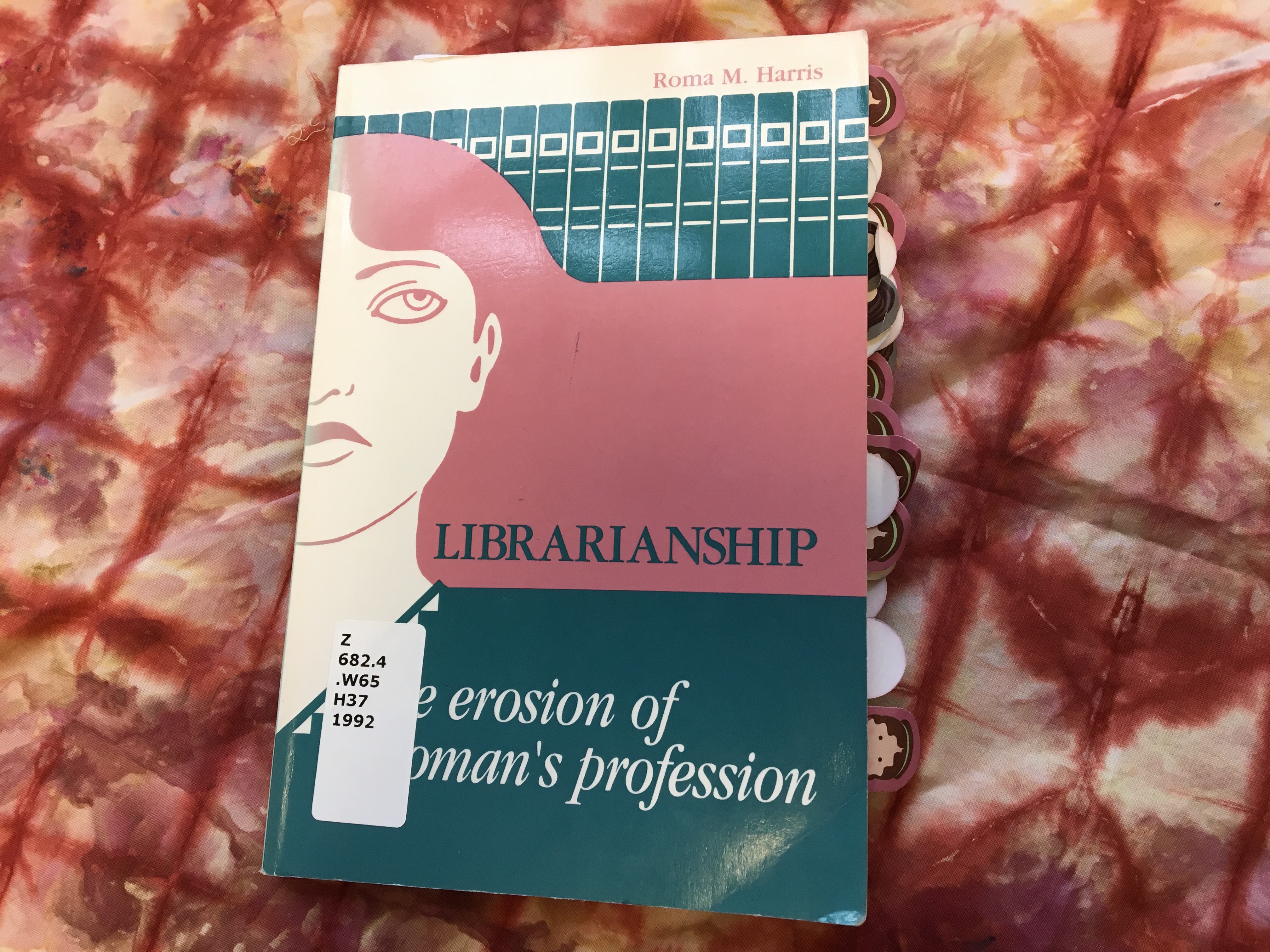
NYPL Rose Reading Room by Sebas Ribas via Unsplash.com
When my partner and I decided to spend our sabbatical year in Houston, we thought long and hard about where we wanted to live. Criteria included:
- In Town (we’d had enough of rural suburban living)
- Affordable (think very small apartment)
- Within walking/biking distance of Rice University (where my partner would be working on his research)
- Zoned to a good public school (my son was starting kindergarten)
That last criteria, when combined with the others, pretty much restricted us to a very small and tidy garage apartment in a very upscale neighborhood near Rice University and the Texas Medical Center. When deciding on a place to live, I had lots of discussions about what made a school a “good school” with other POCs, white friends who get it, and my parents, who were both public school teachers. “Good school” is such a loaded term, and is often, unfortunately code for “white” for many white people and POCs alike. For us, good school meant a school that wasn’t falling apart, had caring teachers, a diverse student body, and good learning opportunities for students. Our son’s school has all of these things, thanks to the VERY WEALTHY families who live within its zoned boundaries and their ridiculously expensive property taxes.
As much as I love my son’s school, it makes me very uncomfortable on a daily basis. My husband and I might posses combined education equal to or greater than most of the parents in the neighborhood, but it certainly doesn’t translate into dollars (thanks, academia!), and it shows. The school repeatedly asks for money for upkeep, special events, classroom needs, teacher professional development, etc. and I can’t help but think a) I don’t have that kind of cash; and b) there are other schools with a much poorer tax base that need that money so much more. I was terrified at kindergarten registration that we wouldn’t have the necessary documentation to prove that we were actually living within the school zone boundaries after being asked to bring in far more documents than the school district actual requires because, and I quote “so many families try to sneak in” (side note: what does that say about other schools in this district and distribution of funding?). I felt small and brown and poor as I waited for the registrar to give us the ok (which we eventually got, after having to go home for more documentation). I felt like I was trying to sneak in.
I feel like an imposter at PTO meetings. Despite the diversity of the school, I can still count the number of black and latino students on my hands. The wealth is overwhelming. There are small apartments and duplexes hidden in this neighborhood, but I don’t ever meet those parents at PTO meetings or school events because they are, as I would be if I weren’t on sabbatical, working. I want to feel as though I have every right to be at this school with my son, but somehow I haven’t internalized the comfort in all situations that comes naturally to my white, male partner.
I write all this not to air my grievances at public school funding or socioeconomic stratification in large cities–ok, maybe I want to do this a little. I write this because I don’t stop to think often enough about the ways in which students may feel completely out of place and uncomfortable in our library spaces. There are likely many students who walk into an academic library for the first time and immediately think: nope, not for me. I had a wonderful time at the Identity, Agency, and Culture in Academic Libraries conference at the University of Southern California this summer, but again, felt way out of place in that library space. It felt old and dignified and rich and not for me. I feel that way (and did when I was an undergrad) about the Rice University library as well. It sounds ridiculous but if I see heavy wooden trim and oak desks I immediately feel like someone is going to tell me “I’m sorry but you can’t be in here,” and I’ve worked in libraries for 10 years!
There’s something about the University of Houston library and my local public library that doesn’t feel that way at all. They’re bright and bustling. I hear people speaking Spanish, Arabic, Chinese, and a host of other languages I can’t readily identify. It’s loud. I see brown faces studying, working the service desk, conducting campus tours, and leading story time. It all makes a huge difference. It makes me feel like I belong.
I know that there is this tendency to want to blame people for their own feelings of imposter syndrome; that somehow it’s their fault that they are feeling that way and should just get over it. I want to call bullshit on that tendency. There are real divisions in our society that break down along racial, ethnic, and socioeconomic status lines. Class, gender, and sexuality all have an impact on how we experience the world. We can’t expect all students to find our libraries comforting and helpful unless we think about ways to actually make those students feel welcome and comfortable. Re-examining our library spaces shouldn’t be confined to studies of function and use; they should include studies of feelings as well, particularly those feelings of students who never set foot in our spaces because it’s a source of discomfort to them.
I don’t know if I’ll ever feel 100% comfortable among the parents and teachers at my son’s elementary school, but I keep going to school events in hopes that one day I’ll sit next to another parent living in a duplex or garage apartment in this neighborhood. We’ll see each other’s worn out shoes, Target t-shirts, and outdated phones and think: Yes, I do belong here.


